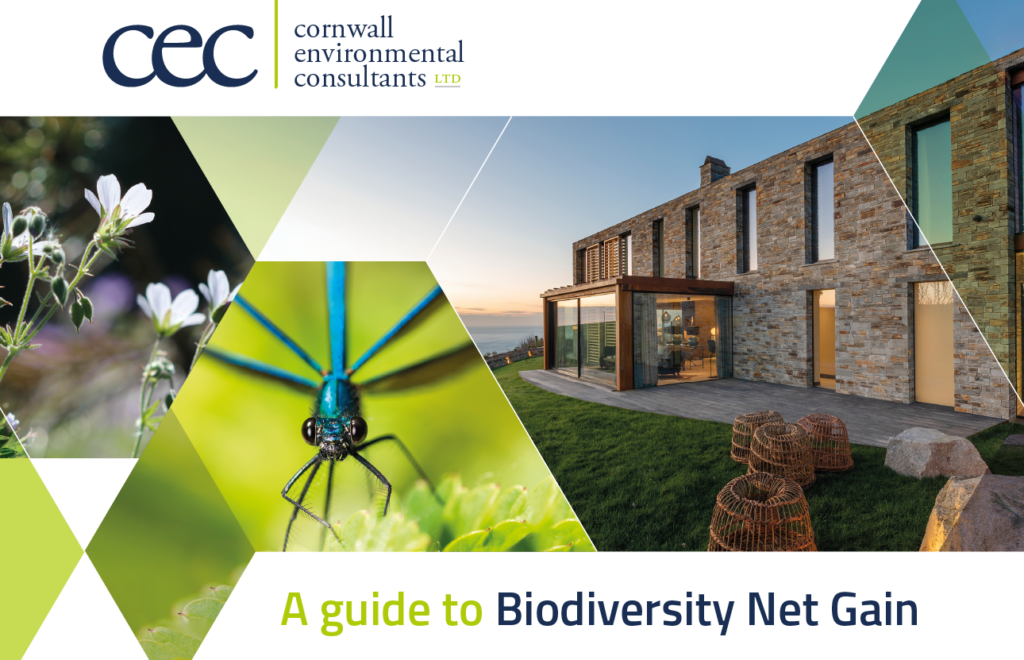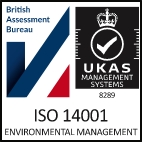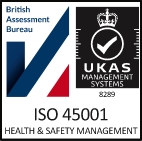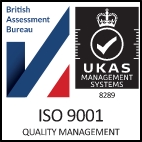Biodiversity Net Gain in Cornwall
What is Biodiversity Net Gain?
Biodiversity Net Gain (BNG) is development that leaves the natural environment in a better state than before.
The UK is one of the most nature depleted countries in the world, with 56% of our species in decline. The UK government is expected to mandate the delivery of BNG with the adoption of the Environment Bill, and Cornwall Council has already mandated the delivery of at least 10% BNG from all major planning applications.
What does Biodiversity Net Gain mean for developers?
From 1st February 2020, Cornwall Council applied a minimum 10% BNG requirement to all major planning applications (typically 10 houses or more, as well as larger scale commercial, industrial and agricultural applications). A formal target for BNG is likely to be implemented by national government in 2021, and a general requirement for applications to show “biodiversity net gain” is already in the National Planning Policy Framework.
BNG will require developers to demonstrate that habitats for wildlife are being enhanced, retained or created by their development. This needs to be demonstrated using a metric produced by DEFRA which measures the site’s existing biodiversity value alongside its forecast value after development. The metric relies on good quality ecological assessment, gathered using a site survey to identify the habitats present and their condition.
If your site is a minor development, visit our Small Sites Metric page.
All major applications will be required to submit a biodiversity calculation as part of the standard information required for those applications, which CEC are expert practitioners in.
If BNG cannot be delivered solely within the proposed development site, then off-site habitat creation or enhancement can be used to provide the BNG. If required, CEC can help you arrange the purchase of BNG units through our parent company, Cornwall Wildlife Trust, which has biodiversity units available on a range of sites across Cornwall.
There is a requirement for developers (or subsequent owner/occupiers, if applicable) to commit to maintaining and monitoring the BNG for 30 years from the commencement date of the proposal. This also applies to any offset units that you may need to purchase to achieve the minimum 10% net gain for your development site, which is why Cornwall Wildlife Trust are so well placed to offer BNG units to the market.
Does my development require a Biodiversity Net Gain assessment?
Yes, if it meets the criteria of a major development.
Cornwall Council states that all major planning application submissions will need to demonstrate:
- The Mitigation Hierarchy has been followed (including proposals for any necessary compensation)
- That the proposal will provide a minimum 10% net gain increase in biodiversity
- How the proposal will integrate into any wider green infrastructure network
There are some exceptions to the requirement, namely Permitted Development, Householder Development or Change of Use applications.
Biodiversity Net Gain measurement and assessors
The change in biodiversity value is measured using a metric based on habitat type, condition and area. It compares the pre-construction and post-construction habitats of the site.
CEC are experienced BNG practitioners and can undertake the site surveys required and complete the DEFRA biodiversity metric calculations ready for your planning application to be made. We will liaise with you throughout the design process to help you maximise your gains for biodiversity on site, and our team of landscape architects are available if required to help create biodiverse planting designs and site layouts.
How CEC’s ecologists and landscape architects can help you achieve Biodiversity Net Gain on a development
We maximise BNG on site by making the most of the existing resources and integrating the development with its surroundings and the wider landscape – specialisms delivered by landscape architects and ecologists. An integrated design approach creates places where people and nature can co-exist, leading to the best results for people and biodiversity. This approach creates better spaces for communities and reduces cost by minimising the purchase of off-site units.
We work with other disciplines including architects, engineers and planning consultants to achieve integration of the natural environment, whilst also delivering the client’s objectives of an attractive development yielding profits.
Our team will be able to advise on how the proposal will integrate into any wider green infrastructure network, which is a planning requirement.
If you require any further information, please call us on 01872 245510 or contact us to discuss your project and requirements.








